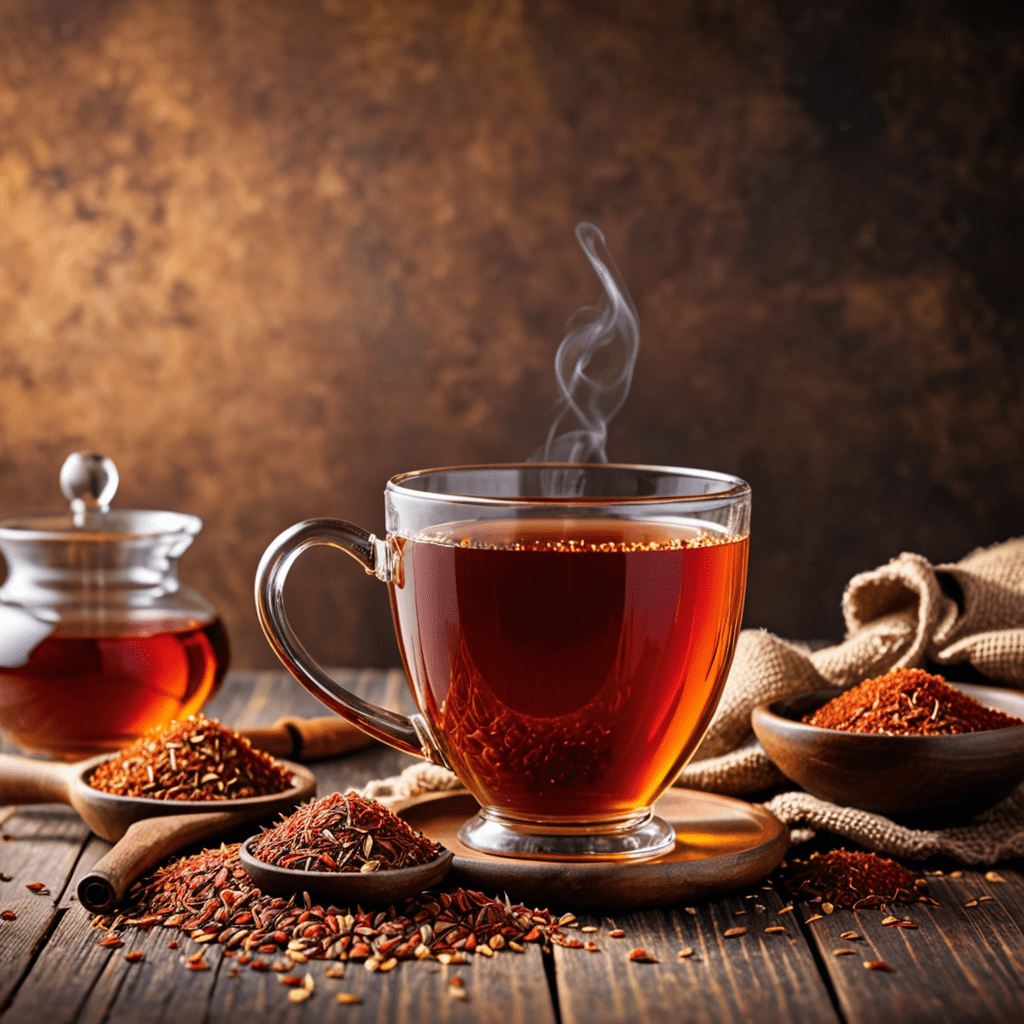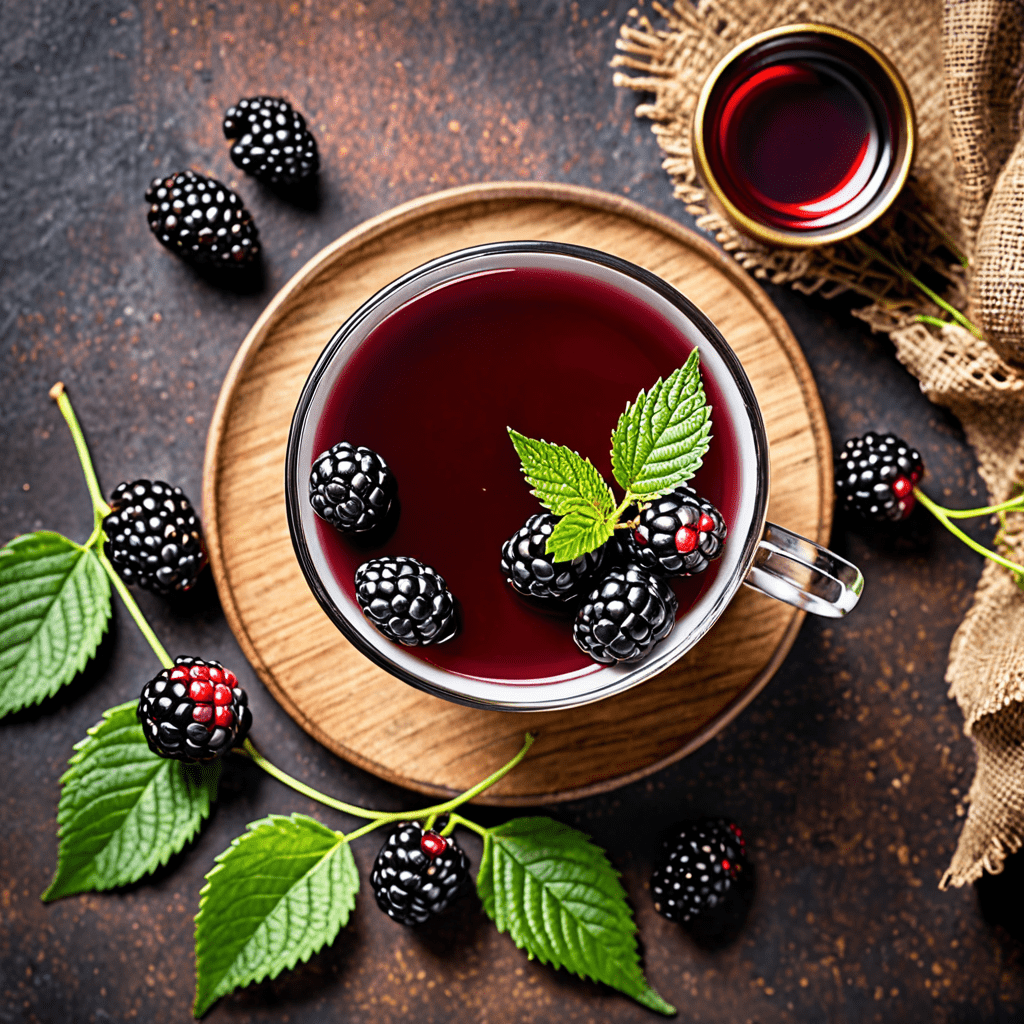The Ritual of Tea Time: Embracing Ceylon Tea Traditions
Introduction
The ritual of tea time is deeply rooted in the tapestry of Ceylonese culture. For centuries, Ceylon tea has been revered for its exquisite taste, vibrant history, and therapeutic properties. Embracing the ancient traditions associated with Ceylon tea offers a glimpse into the vibrant heart of Sri Lankan hospitality and provides a profound sensory experience.
The History of Ceylon Tea
The origins of Ceylon tea can be traced back to the mid-19th century, when British colonialists introduced tea plants to the island nation. The fertile soil and favorable climate of Ceylon proved ideal for tea cultivation, and the industry rapidly flourished. By the early 20th century, Ceylon had become one of the world's leading tea producers, earning global recognition for the exceptional quality of its tea.
The Cultivation and Harvesting of Ceylon Tea
The cultivation of Ceylon tea follows meticulous traditional practices that have been passed down through generations. Tea plants are typically grown in the central highlands of Sri Lanka, where the cool temperatures and abundant rainfall create optimal growing conditions. Tea leaves are hand-picked during specific harvesting seasons, ensuring their freshness and preserving their delicate flavors.
The Production and Processing of Ceylon Tea
After harvesting, Ceylon tea leaves undergo a series of skilled processing steps that bring out their distinctive characteristics. The leaves are withered, rolled, fermented, and dried using time-honored techniques that have evolved over centuries. These processes determine the final appearance, flavor, and aroma of the different varieties of Ceylon tea.
The Health Benefits of Ceylon Tea
Beyond its exceptional taste, Ceylon tea is renowned for its therapeutic properties. It is a rich source of antioxidants and other beneficial compounds that have been linked to numerous health benefits. Regular consumption of Ceylon tea may support cardiovascular health, improve digestion, and enhance cognitive function.
6. The Ritual of Tea Time in Ceylon
The ritual of tea time holds a special significance in Ceylon. It is a cherished tradition that brings people together to share stories, laughter, and the delightful flavors of Ceylon tea. Tea time is typically enjoyed in the afternoon, accompanied by a selection of sweet and savory treats.
7. The Etiquette of Ceylon Tea Time
Ceylon tea time etiquette is steeped in cultural norms that reflect the importance of this social gathering. It is customary to arrive on time, dress respectfully, and greet others with warmth and kindness. The tea is served in delicate cups and saucers, and guests may enjoy multiple cups throughout the afternoon.
8. Traditional Ceylon Tea Recipes
Ceylon tea is a versatile beverage that can be enjoyed in a variety of ways. Traditional recipes often combine Ceylon tea with spices, milk, and sugar to create unique and flavorful blends. One popular recipe is "masala chai," a spiced tea infused with cardamom, cinnamon, and ginger.
9. The Modernization of Ceylon Tea
While traditional methods of cultivation and production remain central to the Ceylon tea industry, advancements in technology and sustainability have shaped its modernization. Automated processes have improved efficiency, while sustainable farming practices minimize environmental impact. These innovations ensure the continued excellence of Ceylon tea while respecting the environment.
10. The Future of Ceylon Tea
The future of Ceylon tea is bright, with a growing appreciation for its exceptional quality and health benefits. As consumer preferences shift towards ethically sourced and sustainable products, Ceylon tea is poised to maintain its position as a global leader. Ongoing research and development aim to enhance the tea's flavor profile and explore its potential therapeutic applications.
FAQs:
What makes Ceylon tea different from other teas?
- Ceylon tea is known for its distinctive taste and aroma, attributed to the unique growing conditions in the central highlands of Sri Lanka.
How can I brew the perfect cup of Ceylon tea?
- Use fresh, cold water and allow the tea leaves to steep for 3-5 minutes, depending on your desired strength.
What are the health benefits of Ceylon tea?
- Ceylon tea is a rich source of antioxidants and other beneficial compounds linked to improved cardiovascular health, enhanced digestion, and better cognitive function.
What is the best way to enjoy Ceylon tea time?
- Tea time in Ceylon is a social occasion. Invite friends or family, serve a selection of treats, and enjoy the flavors and aromas of this delightful beverage.
How can I find high-quality Ceylon tea?
- Look for reputable brands that adhere to ethical and sustainable practices. Certified teas provide assurance of authenticity and quality.

